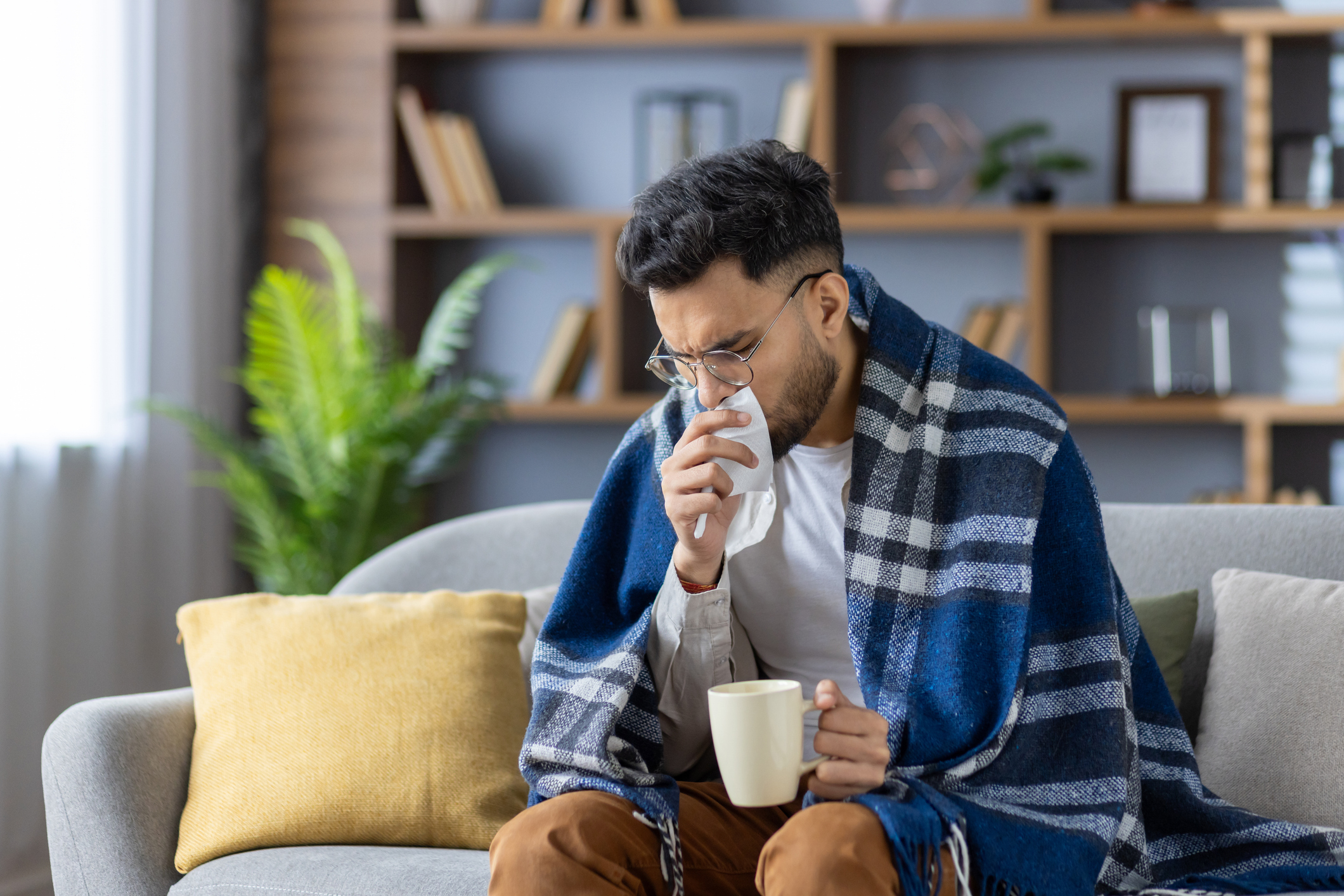The holidays bring airports, road trips, big family dinners, and plenty of excitement—but they also bring higher risks of flu, COVID, RSV, strep, and other seasonal illnesses. Between crowded planes, busy stores, and close contact at gatherings, germs can spread quickly. With a bit of planning, you can lower your risk, protect vulnerable family members, and know exactly where to go if someone does get sick. This guide walks through smart travel habits, safer gathering tips, and how Integrity Urgent Care can support you with same-day care during the holiday rush.
Why Illness Spreads So Easily During the Holidays
Holiday season lines up with peak respiratory virus season. A few key factors make this time of year especially risky:
- Crowded travel: Airports, airplanes, buses, and trains put you in close contact with others.
- Indoor gatherings: Cold weather means more time indoors with less fresh air.
- Busy schedules: Less sleep, more stress, and changes in diet can weaken your immune system.
- Visiting high-risk loved ones: Young children, older adults, and people with chronic conditions are more vulnerable to complications.
Understanding these risks helps you take practical steps to stay as healthy as possible.
Travel Smart: Simple Steps to Reduce Germ Exposure
Whether you’re flying, driving, or taking a train, a few habits can go a long way in protecting your health.
1. Hydrate More Than You Think You Need
Travel (especially flying) can be dehydrating, which may affect how well your body fights infection. Aim to:
- Drink water regularly before and during your trip
- Limit alcohol and excess caffeine, which can dehydrate you
- Bring a refillable water bottle if you’re flying (fill it after security)
2. Clean High-Touch Surfaces
Airplanes and public transportation have many shared surfaces. Reduce contact with germs by:
- Wiping down armrests, tray tables, seat belts, and touchscreens
- Using disinfectant wipes approved for travel
- Avoiding touching your face, especially your eyes, nose, and mouth
3. Make Hand Hygiene Non-Negotiable
Hand sanitizer is your best travel companion:
- Use hand sanitizer (at least 60% alcohol) after touching surfaces, handling luggage, or using public restrooms
- Wash hands with soap and water when possible, especially before eating
- Keep a travel-sized sanitizer in your bag and one in your pocket
4. Pack a “Health Kit” for Your Trip
Think ahead so you’re not scrambling if symptoms start while you’re away. Consider packing:
- Any daily prescription medications (plus extra in case of delays)
- Over-the-counter pain relievers and fever reducers
- Throat lozenges and basic cold/flu medications
- Tissues and a small pack of disinfectant wipes
- A few home COVID tests, if available
If you have chronic medical conditions or will be traveling internationally, a pre-travel consultation at Integrity Urgent Care can help you plan medications, refills, and any necessary vaccines.
Safer Holiday Gatherings: Protecting Family and Friends
Holiday meals and parties are often the highlight of the season—but they’re also prime environments for germs to spread. Smart habits can help protect everyone, especially infants, older adults, and those with weakened immune systems.
1. Stay Home if You’re Sick
It’s disappointing, but it’s also one of the kindest choices you can make. Avoid gatherings if you:
- Have a fever, chills, or body aches
- Have a new cough, sore throat, or trouble breathing
- Recently tested positive for flu, COVID, or strep
- Feel “like something is coming on” with worsening symptoms
If you’re unsure whether it’s safe to attend, a quick visit or virtual evaluation with a provider can help you decide.
2. Make Handwashing a Holiday Routine
Encourage everyone—kids and adults—to:
- Wash hands with soap and water for at least 20 seconds before meals
- Clean hands after coughing, sneezing, or blowing their nose
- Use hand sanitizer when a sink isn’t nearby
3. Don’t Share Drinks or Utensils
It may seem harmless to “just take a sip” or share bites, but this is one of the fastest ways to spread germs like flu, RSV, and strep. Use your own:
- Cups or mugs
- Utensils
- Plates and napkins
4. Watch for Symptoms After Events
Many respiratory illnesses show up a few days after exposure. For 3–5 days after a large gathering, monitor for:
- Fever or chills
- Sore throat
- Cough or congestion
- Body aches or fatigue
- Headache or new loss of taste or smell
If symptoms appear, seek testing and care early—especially if you’re at higher risk for complications.
When Holiday Plans Include Illness: How Integrity Can Help
Even with the best prevention, illnesses still happen—often at the most inconvenient times. That’s why Integrity Urgent Care offers extended hours in the mornings, evenings, and weekends, so you can get care when your primary care office is closed.
We provide same-day evaluation and testing for:
- Flu
- Strep throat
- COVID-19
- RSV and other respiratory infections
- Minor illnesses that can make travel miserable (ear infections, sinus infections, stomach bugs, and more)
If you’re planning to travel or feel something coming on before a big trip, we can also help with:
- Pre-travel wellness checks
- Medication refills and backup prescriptions (when appropriate)
- Guidance on managing chronic conditions while traveling
Our goal is to help you feel better, get answers quickly, and get back to enjoying your holiday plans as safely as possible.
Keep Your Holidays Healthy With Integrity Urgent Care
You don’t have to cancel your holiday season to stay healthy—but a little preparation goes a long way. By hydrating, practicing good hand hygiene, cleaning high-touch surfaces while traveling, and staying home when you’re sick, you can protect yourself and the people you love. And if illness does show up in the middle of your celebrations, Integrity Urgent Care is here with flexible, extended hours and same-day care options to help you feel better fast.
When you or your family need flu, strep, COVID, RSV testing, or care for other urgent but non-emergency issues, visit your nearest Integrity Urgent Care clinic for convenient, compassionate care throughout the holiday season.
Disclaimer: This article is for informational and educational purposes only and is not a substitute for professional medical advice, diagnosis, or treatment. Always seek the advice of your physician or other qualified health provider with any questions you may have regarding a medical condition, symptoms, or treatment options. Never disregard professional medical advice or delay seeking it because of something you have read here.



